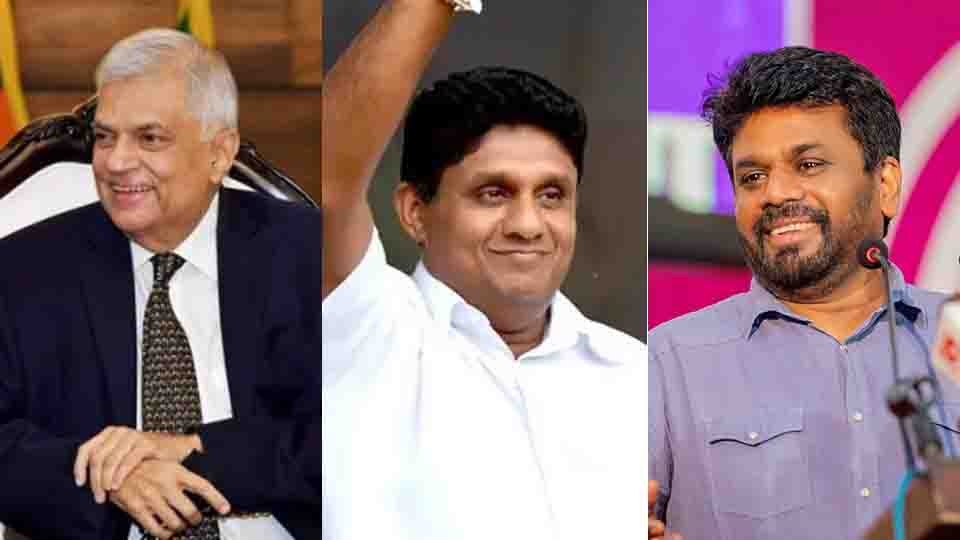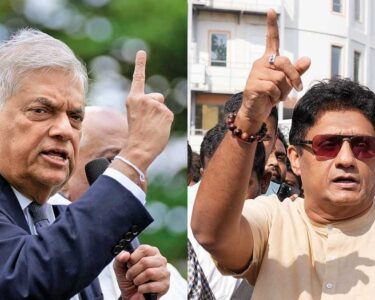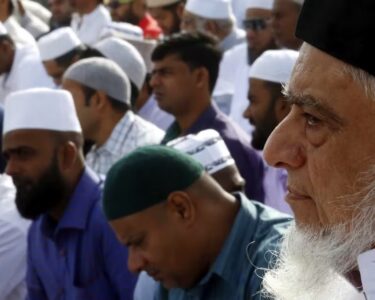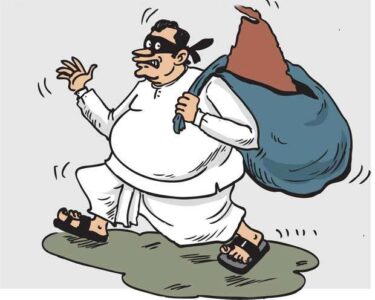A Selection of Old vs. New Systems
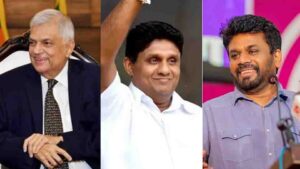
The upcoming Presidential Election on 21 September 2024 is unique due to the high number of candidates (39) and the broader implications it holds for the country’s political system. It presents a clear choice between old and new systems. The triangular contest emerging between Ranil Wickremesinghe, Sajith Premadasa, and Anura Kumara Dissanayaka represents two distinct directions. Ranil and Sajith largely embody a conventional outlook and approach that has reportedly failed, while Anura Kumara Dissanayaka is presenting a blueprint that remains largely untested.
The conventional political culture is prone to nepotism and corruption; however, the possibility of reforming such a system cannot be completely ruled out. It is the responsibility of the voters to evaluate Ranil Wickremesinghe and Sajith Premadasa to determine if either is capable of upholding the rule of law. In the case of Ranil Wickremesinghe, it should be noted that many who have aligned with him are not the most popular politicians in the country and are tainted with corruption. Additionally, his stubborn decision not to appoint an acting IGP and to safeguard Deshabandu Thenakoon, who has been convicted of human rights violations, will be seriously considered by many voters.
It is no secret that some with questionable pasts have aligned with Sajith Premadasa. However, Sajith Premadasa has managed to portray himself as a politician with clean hands and someone who respects the rule of law. Voters will need to make a calculated judgment about whether Sajith Premadasa can keep his team from corruption.
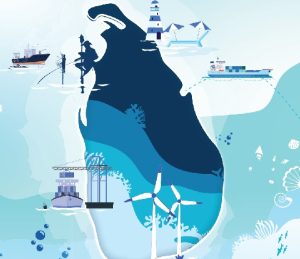
Candidates’ Economic Overview:
Ranil Wickremesinghe (RW): The incumbent president, representing continuity of the old order, is criticized for his economic promises and lack of commitment to systemic change. However, he has been recognized for his capability to stabilize the situation, at least temporarily.
Sajith Premadasa (SP): Another major contender who focuses on attacking RW’s policies but whose economic plan is not very different. He emphasizes a more people-centric economic policy, which appeals to grassroots supporters. However, he does not offer a concrete plan for systemic change.
Anura Kumara Dissanayaka (AKD): The candidate from the NPP advocates for radical system change and economic reform, aiming for clean governance and accountability. He speaks of ‘economic democracy,’ which is similar to the existing market economy. A key concern is the NPP’s lack of experience in implementing economic policies, raising questions about their capability. The NPP’s support will primarily come from those frustrated with the current system and seeking genuine change. Some voters, disillusioned with the past, may prefer to try something new despite the risks. Others may argue that given the current difficulties, this is not the time for experimentation, favoring either RW for continuity or SP for a different but familiar approach.



